This Diwali, the All India Institute of Sciences (AIIMS) announced that it has conducted its 50th successful heart transplant. The surgery involved the heart transplantation of a 35-year-old woman in a 42-year-old bus conductor to save his life. The institute also became the first public hospital in India to conduct 50 such procedures successfully so far.
But how were things when the hospital conducted the first procedure in India on August 3, 1994?
Dr P Venugopal, who led the group of surgeons that conducted the surgery, said the news of the procedure wasn’t immediately celebrated.
“We were constantly mocked and criticised by media and academic circles. Renowned journalists were coming to see whether we had carried out the transplant or not. There was a lot of skepticism,” he said.
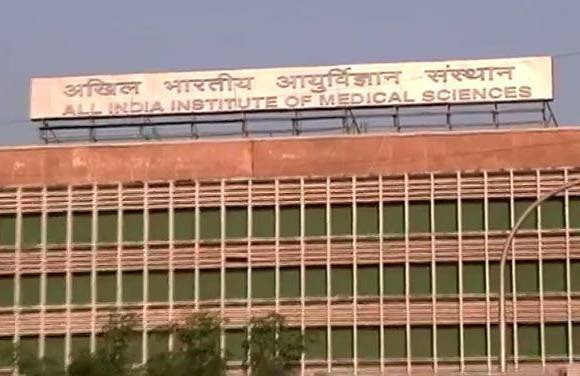
India’s first heart transplant patient
Devi Ram, a 40-year-old heavy industry worker, was the first person to successfully get a heart transplant surgery in India.
“The patient was not expected to survive more than 3 months but managed to live up to 15 more years before dying of a brain tumour”, Dr Venugopal, ex-director and former head of cardiothoracic centre at AIIMS, told ScoopWhoop News.
Ram’s blood group was compatible with that of the donor, a 35-year-old woman, who had died of brain hemorrhage in the neurosurgery ward of the hospital on the same day.
What also paved the way for the surgery was the passage of the Transplantation of Human Organs Bill on 7 July 1994, that allowed the legal donation of organs.
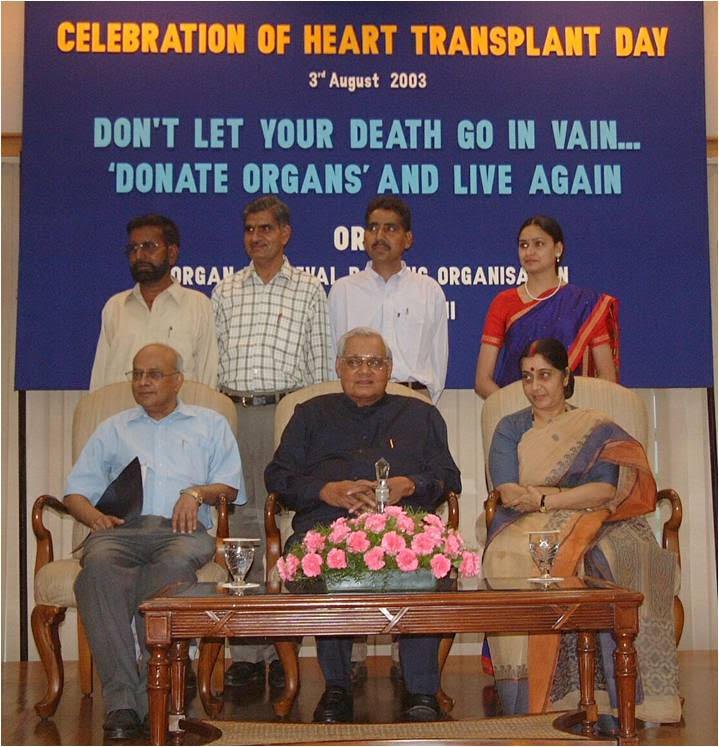
The high stakes of the first surgery
“The world’s first heart surgery was undertaken in South Africa in 1967 but unfortunately the patient died within 18 days of being operated,” Dr Venugopal said. Another such transplant had also been attempted in Bombay in 1968 but the patient didn’t survive after the surgery.
“An unsuccessful transplant would’ve meant destroying the procedure for 20 years,” he said.
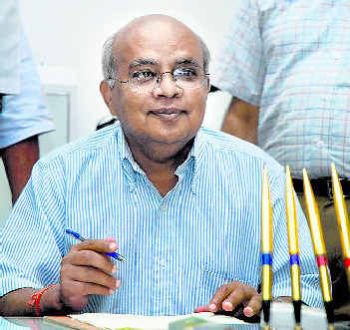
How the surgery went
The 59-minute surgery was carried out by a team of 20 doctors after the donor’s relatives gave their consent.
Describing the tedious process of the transplant, Venugopal adds, “The process involves cutting a beating heart while the patient is alive and replacing it with another heart.”
“The surgery was an in house transplant, meaning the donor was available at the same hospital as the recipient,” Dr Venugopal said
“But nowadays the infrastructure is improved and sophisticated. The heart can be preserved for 4-5 hours and transported anywhere,” he said.
The core team
A special team of doctors including cardiologists, surgeons, anesthetists, biochemists, and microbiologists were trained at reputed institutions like Stanford in US and UK. “The same team is responsible for the 50 successful cases of heart transplantation,” claims Dr. Venugopal.
He adds, “We were equipped with knowledge and experience and that enabled us develop the new programme.”
Dr. Venugopal claims that the surgery went smooth and there were no complications encountered.
“We were confident and prepared. The surgery was planned well and properly executed,” he said, adding that the success was due to the entire team’s hard work.
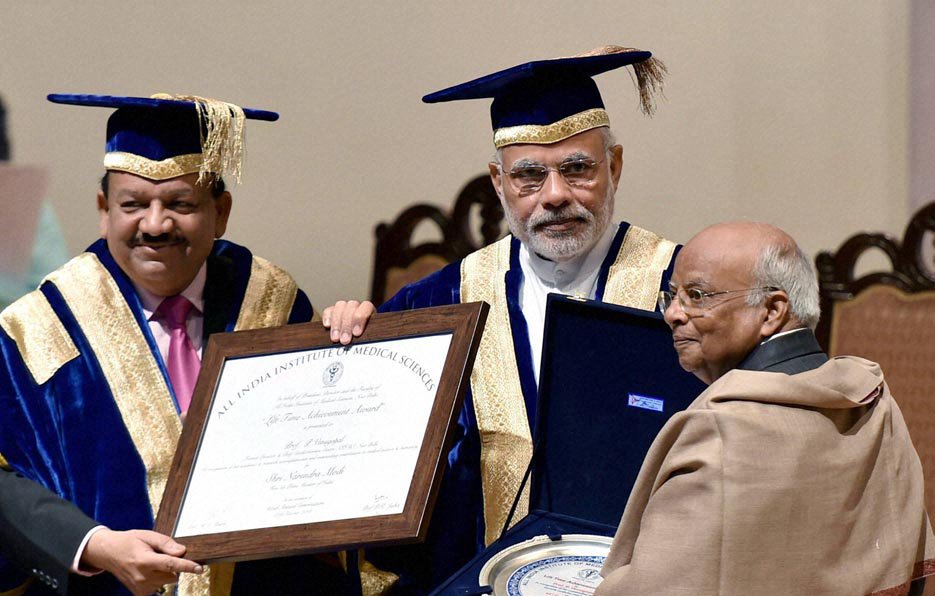
The biggest challenge they faced then, still remains
The biggest challenge, Dr Venugopal said at the time, was unavailability of donors.
“There was a shortage of hearts. In 1970-80s, many people were going abroad and spending almost a crore for a transplant. At AIIMS, we did it for free”, he said. The surgeries were funded by public funds and donations received by the institute.
A heart transplant in India today costs around Rs 15- 20 lakh and a government hospital such as AIIMS, it could cost around Rs. 1 lakh.
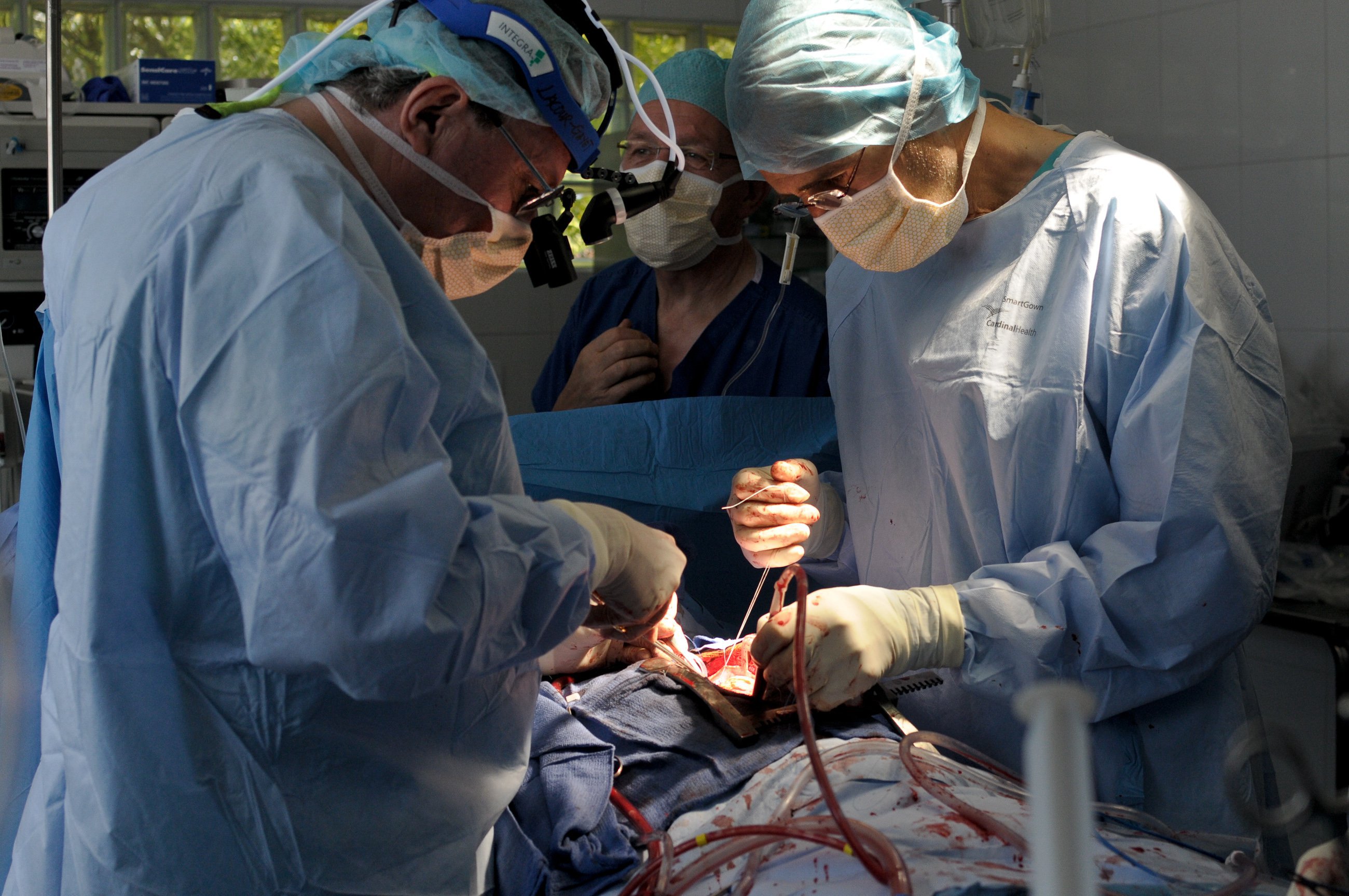
Another hurdle was that the concept of a person being brain dead was unacceptable and many had reservations regarding the donation of organs.
When asked about how things have changed over the years, Dr Venugopal said,”Things have improved not much in terms of surgical techniques but availability of donors.”
“Now people are more aware and conscious about it. They are coming forward for organ donations. One cannot take organs without the relatives’ permission. There were times when the members withdrew permission at the last minute,” he said.
Since the first surgery over 250 heart transplants have been successfully carried out in India with the Apollo Hospitals chain alone having done around 100 of them.
How did the first one change things?
He believes the outlook towards heart transplantation changed following the success of the surgery.
“People started showing faith in the scientific procedure. More and more people started coming forward to get treated. It gave hope to many patients suffering from heart problems,” Dr Venugopal said.
“It required sacrifice, dedication and perseverance. The same procedure of heart transplantation that was established 22 years ago is being used to save lives,” he said. The surgeon said he was happy about his contribution.
“It was necessary to develop the technology for the benefit of people as no such surgery was available at that time,” Dr Venugopal said.
Far greater acceptance now
He expressed happiness over the fact that more number of people are opting for the procedure.
He says, “It is very popular in the South India, especially in Kerala and Tamil Nadu. It not only increases the life span of the individual but also provides quality of life.”
According to him the life expectancy can increase up till 30 years.
“Many patients live healthily for 30 years after a transplant,” he said.
A Padma Bhushan awardee, Dr. Venugopal has done 28 heart transplants. But the surgeon feels that more awareness should be spread regarding the procedure to give more people a lease of life
(Feature image source: Reuters)

















